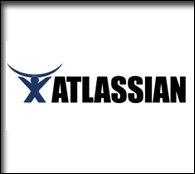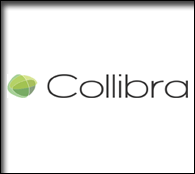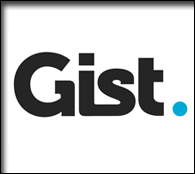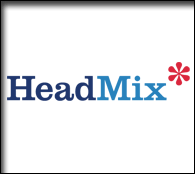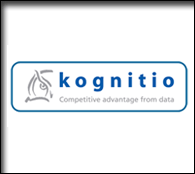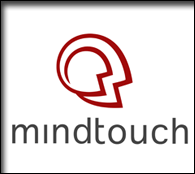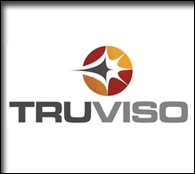Defrag and Data
by Eric Norlin on Jun.22, 2010, under Uncategorized
In my last post, I wrote:
Bottom-line: There’s an exponential increase in the amount and velocity of data that we’re dealing with — as individuals, groups and organizations. And most of the technologies we’re implementing are actually increasing that amount and velocity of data. Defrag is about that. It’s about how we derive useable information from it (intelligence/analytics), how we collaborate around it (enterprise 2.0), how we structure the unstructured components (semantic web), how we relate to the data being created “outside” of us (social media), and a whole bunch of other “how’s.”
I wanted to expand on that a bit.
“Data” sounds technical. “Data” sounds passive. “Data” sounds isolated. And that’s certainly not what I mean when I’m talking about Defrag. But, for lack of a better word, “data” it is.
There’s no denying that the sheer volume and velocity of data has grown, and is growing, exponentially. You can look at data from varying, useful angles.
From the individual out (to groups, organizations, sub-cultures, societies, globally), data is seen as an ever increasing, and not ever more useful, torrent. Plenty of people have spoken about “information overload.” But the more useful lens appears to be one that Stowe Boyd advocates: that there’s a state change happening; that “information overload” casts the situation as a problem, when in fact, it may just be a new situation. For an individual, data needs to be transformed into find-able information (the more implicitly, the better). But most importantly, data is actually a means of interaction. The advent of social media, the “consumerization of IT” and the “socializing” of everything from CRM to partner networks to sales, is fundamentally a reaction to the changing nature and tools we use around data (in it’s filtered, unfiltered, searchable, interactive, asynchronous state). “Data” for the individual touches email, social networks, implicit algorithms, search, and all of the issues around structuring the meaning of data.
From the organization in (toward the individual), “data” is a state change to be used. Collaboration, business intelligence, analytics, search, marketing (conversationally), sales processes, semantic structures — ALL of these areas are built on the changing state of the data we deal with. When businesses approach data, their immediate urge is to find efficiency. And efficiency of business process is what is driving the great majority of tools being deployed in spaces like “enterprise 2.0.”
In light of these two simplistic angles, “data” (and defrag) is not an inherently technical topic. Rather, it’s a strategic topic that seeks to use technologies and tools to alter the interaction that individuals, groups, and organizations have with data (and each other). None of that excludes the intelligence that is to be derived from these interactions — if anything it may make BI and analytics the most important piece of this puzzle.
So, what does all of this mean for Defrag (the conference)? I’ll deal with that at length in the next post, but briefly:
Defrag has always been (and always will be - as long as I’m involved) a conversational and strategic conference. Defrag isn’t aimed at the mainstream adopter. And Defrag will never be larger than 500 people in attendance (on purpose).
Accordingly, Defrag tends to talk about what will be the topic of interest in the next 12-18 months. As an example, last year’s Defrag zeroed in on the two sides of the same coin that are social media and the “enterprise 2.0″ space. That zeroing in was a consequence of where the participants (ie, “attendees” - but they don’t just attend) took the agenda. My big take away from last year’s Defrag was that business intelligence and analytics were the next great frontier.
Coming up….what I think last year’s Defrag says about where this year’s Defrag will head.
